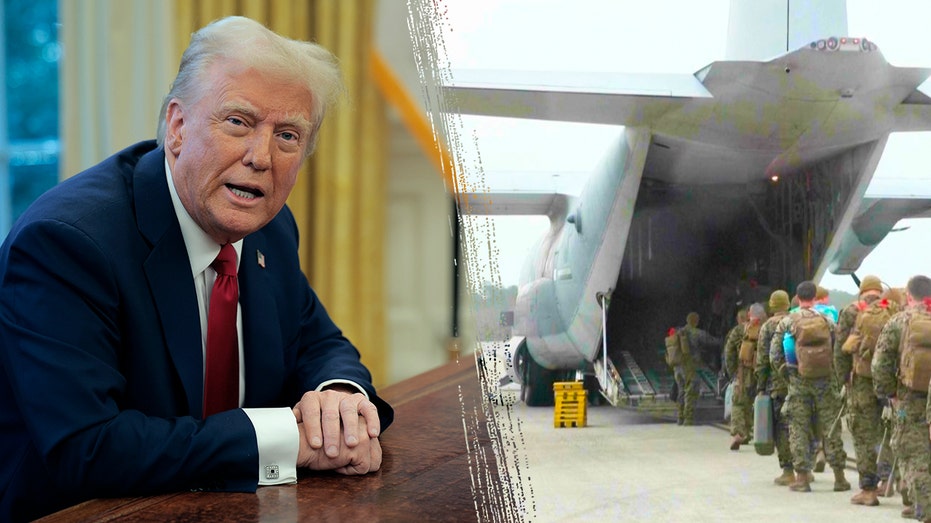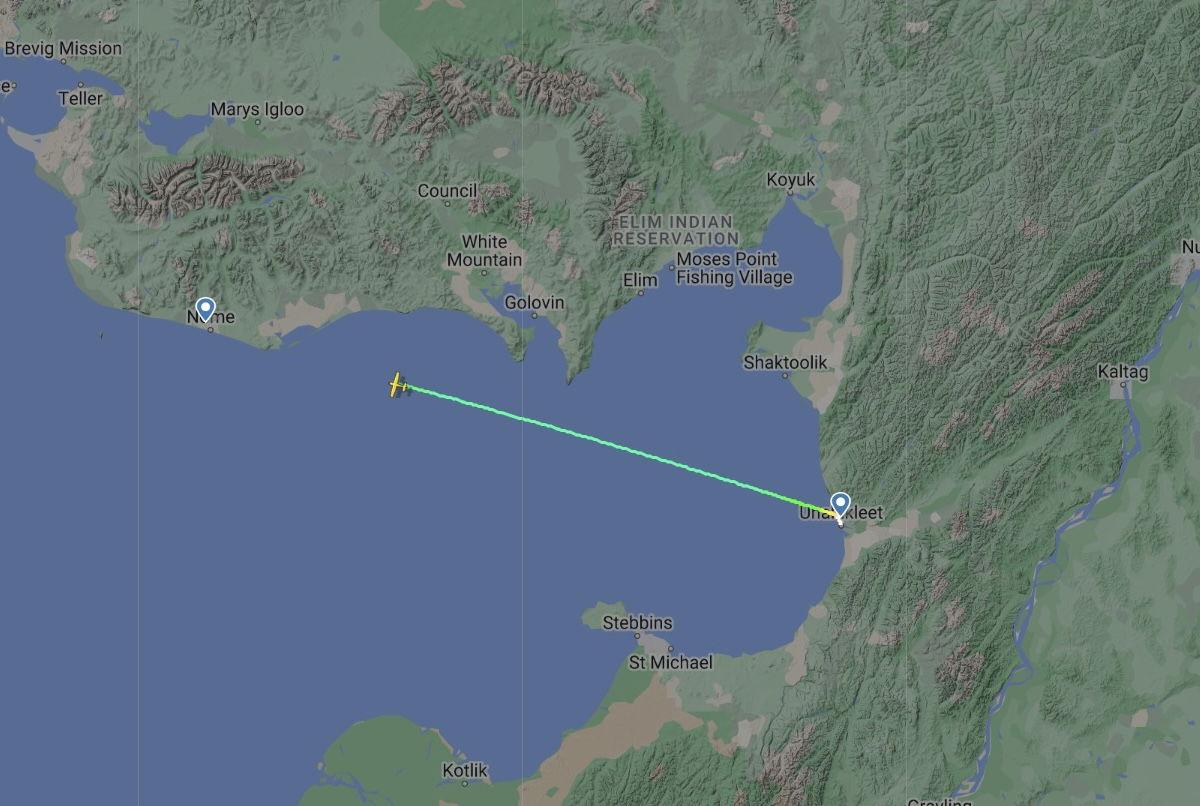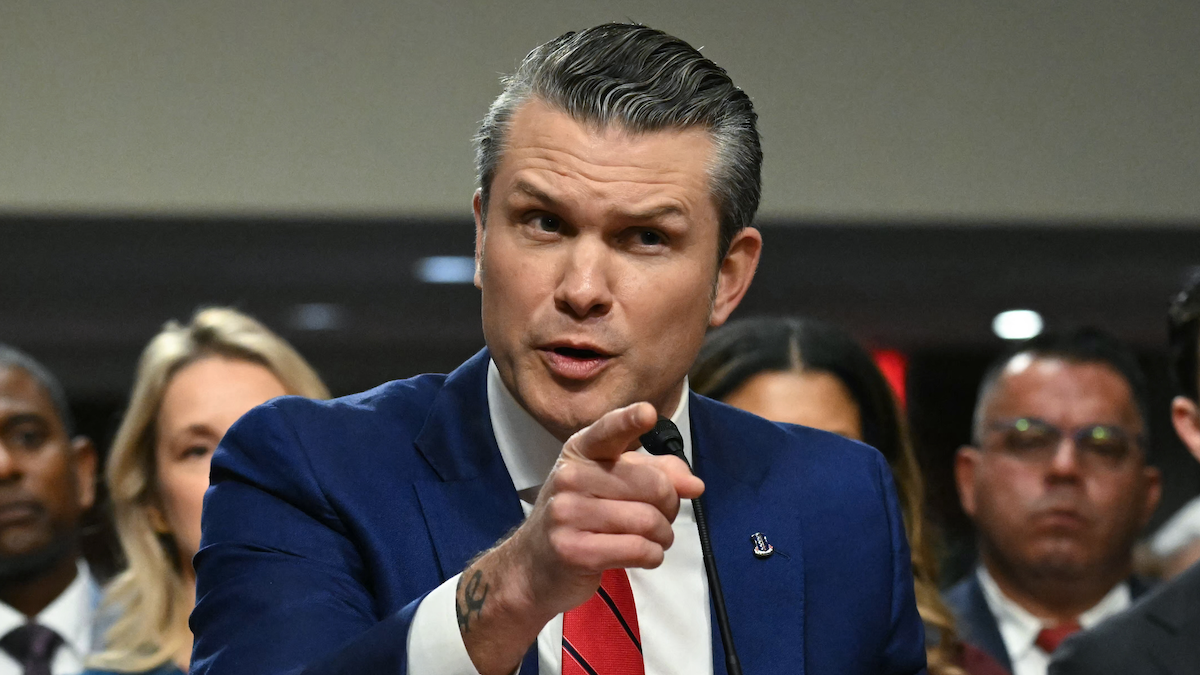How the Tariff Whiplash Could Haunt Pricing
The great North American trade war is over—for now—but uncertainty can do its own damage.

This is an edition of The Atlantic Daily, a newsletter that guides you through the biggest stories of the day, helps you discover new ideas, and recommends the best in culture. Sign up for it here.
When it comes to tariffs for Canada and Mexico, America is ending the week pretty much as it started. Over the course of just a few days, Donald Trump—following up on a November promise—announced 25 percent tariffs on the country’s North American neighbors, caused a panic in the stock market, eked out minor concessions from foreign leaders, and called the whole thing off (for 30 days, at least). But the residue of this week’s blink-and-you-missed-it trade war will stick.
The consensus among economists is that the now-paused tariffs on Canada and Mexico would have caused significant, perhaps even immediate, cost hikes and inflation for Americans. Tariffs on Mexico could have raised produce prices within days, because about a third of America’s fresh fruits and vegetables are imported from Mexico, Ernie Tedeschi, the director of economics at Yale’s Budget Lab, told me in an email. But “uncertainty about tariffs poses a strong risk of fueling inflation, even if tariffs don’t end up going into effect,” he argued. Tedeschi noted that “one of the cornerstone findings of economics over the past 50 years is the importance of expectations” when it comes to inflation. Consumers, nervous about inflation, may change their behavior—shifting their spending, trying to find higher-paying jobs, or asking for more raises—which can ultimately push up prices in what Tedeschi calls a “self-fulfilling prophecy.”
The drama of recent days may also make foreign companies balk at the idea of entering the American market. During Trump’s first term, domestic industrial production decreased after tariffs were imposed. Although Felix Tintelnot, an economics professor at Duke, was not as confident as Tedeschi is about the possibility of unimposed tariffs driving inflation, he suggested that the threats could have ripple effects on American business: “Uncertainty by itself is discouraging to investments that incur big onetime costs,” he told me. In sectors such as the auto industry, whose continental supply chains rely on border crossing, companies might avoid new domestic projects until all threats of a trade war are gone (which, given the persistence of Trump’s threats, may be never). That lack of investment could affect quality and availability, translating to higher costs down the line for American buyers. Some carmakers and manufacturers are already rethinking their operations, just in case.
And the 10 percent tariffs on China (although far smaller than the 60 percent Trump threatened during his campaign) are not nothing, either. These will hit an estimated $450 billion of imports—for context, last year, the United States imported about $4 trillion in foreign goods—and China has already hit back with new tariffs of its own. Yale’s Budget Lab found that the current China tariffs will raise overall average prices by 0.1 to 0.2 percent. Tariffs, Tedeschi added, are regressive, meaning they hurt lower-earning households more than high-income ones.
Even the most attentive companies and shoppers might have trouble anticipating how Trump will handle future tariffs. Last month, he threatened and then dropped a tariff on Colombia; this week, he hinted at a similar threat against the European Union. There is a case to be made that Trump was never serious about tariffs at all—they were merely a way for him to appear tough on trade and flex his power on the international stage. And although many of the concessions that Mexico and Canada offered were either symbolic or had been in the works before the tariff threats, Trump managed to appear like the winner to some of his supporters.
Still, the longest-lasting damage of the week in trade wars may be the solidification of America’s reputation as a fickle ally. As my colleague David Frum wrote on Wednesday, the whole episode leaves the world with the lesson that “countries such as Canada, Mexico, and Denmark that commit to the United States risk their security and dignity in the age of Trump.”
Related:
Here are three new stories from The Atlantic:
- The government’s computing experts say they are terrified.
- Trump takes over the Kennedy Center.
- Gary Shteyngart: The man in the midnight-blue six-ply Italian-milled wool suit
Today’s News
- A federal judge said he would issue a temporary restraining order that would pause parts of the Trump administration’s plan to slash the USAID workforce and withdraw employees from their overseas posts.
- Donald Trump met with Japanese Prime Minister Shigeru Ishiba at the White House, where they discussed reducing the U.S.’s trade deficit with Japan.
- A plane carrying 10 people went missing in western Alaska while en route from Unalakleet to Nome.
Dispatches
- The Books Briefing: Boris Kachka examines a new, unbearably honest kind of writing.
- Atlantic Intelligence: For a time, it took immense wealth—not to mention energy—to train powerful new AI models, Damon Beres writes. “That may no longer be the case.”
Explore all of our newsletters here.
Evening Read
The Rise of the Selfish Plutocrats
By Brian Klaas
The role of the ultra-wealthy has morphed from one of shared social responsibility and patronage to the freewheeling celebration of selfish opulence. Rather than investing in their society—say, by giving alms to the poor, or funding Caravaggios and cathedrals—many of today’s plutocrats use their wealth to escape to private islands, private Beyoncé concerts, and, above all, extremely private superyachts. One top Miami-based “yacht consultant” has dubbed itself Medici Yachts. The namesake recalls public patronage and social responsibility, but the consultant’s motto is more fitting for an era of indulgent billionaires: “Let us manage your boat. For you is only to smile and make memories.”
More From The Atlantic
- Paranoia is winning.
- Americans are trapped in an algorithmic cage.
- A Greenland plot more cynical than fiction
- Civil servants are not America’s enemies.
- The challenges the U.S. would face in Gaza
Culture Break
Stay in the loop. Here are 10 indie movies you should watch for in 2025.
Discover. David Lynch’s work was often described as “mysterious” or “surreal”—but the emotions it provoked were just as fundamental, K. Austin Collins writes.
Stephanie Bai contributed to this newsletter.
When you buy a book using a link in this newsletter, we receive a commission. Thank you for supporting The Atlantic.















































































